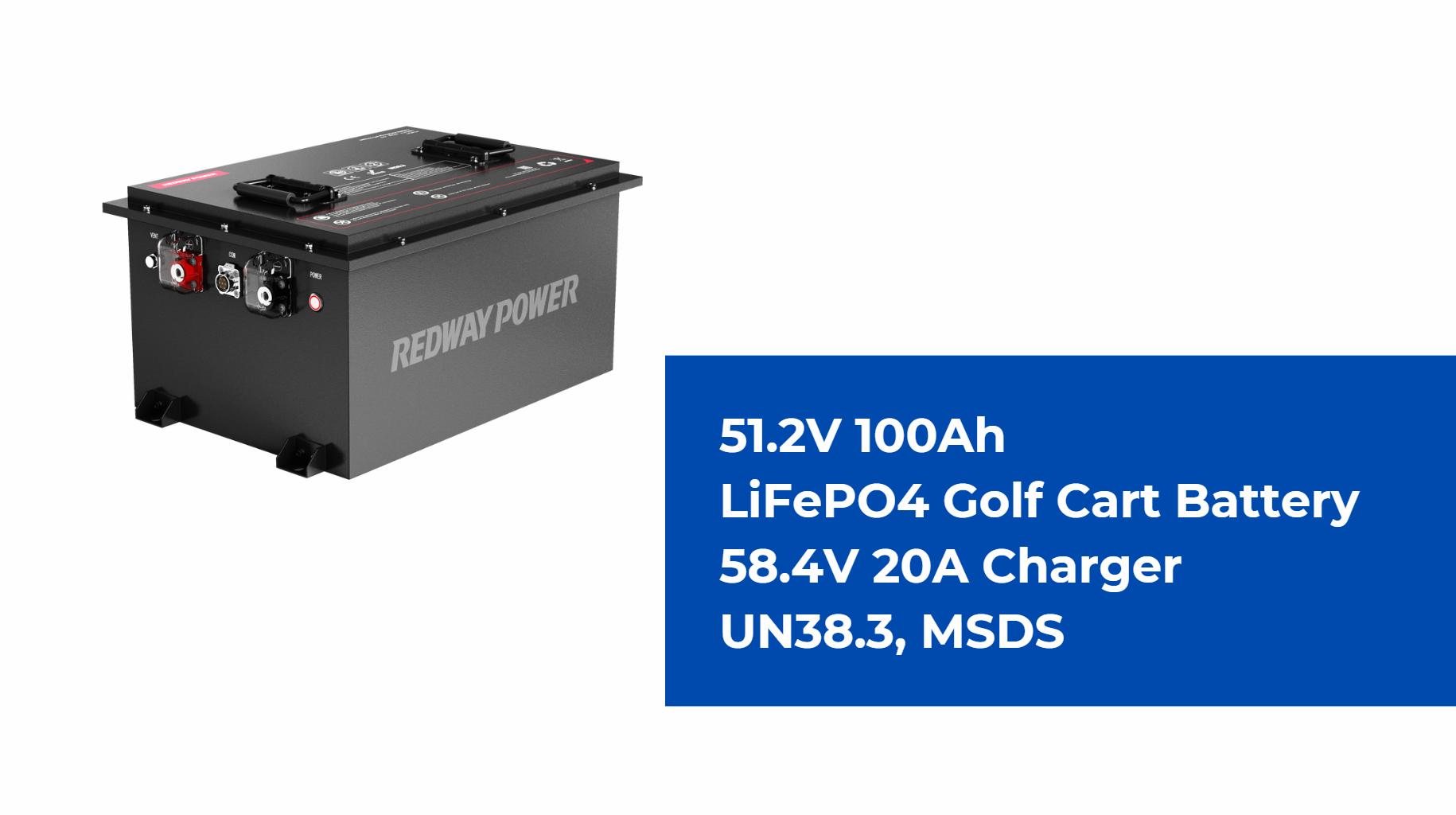Optimizing battery use in your 48V golf cart involves regular charging with a compatible automatic charger, maintaining clean and corrosion-free connections, and mindful driving habits such as avoiding full throttle and unnecessary weight. Proper storage in a cool, dry place and tools like battery equalizers further prolong battery life and enhance performance.
How Should You Manage Charging and Usage Habits for Optimal Battery Life?
Charging the batteries after every use prevents deep discharges that degrade battery health. Using an automatic charger with a shut-off feature avoids overcharging and overheating. Always unplug the charger once charging is complete to protect battery longevity.
Why Is Maintaining Proper Battery Water Levels Important?
For flooded batteries, maintaining correct water levels ensures proper chemical reactions and prevents damage to battery plates. Neglecting water levels can lead to reduced capacity and shortened battery life.
How Can Keeping Battery Connections Clean Improve Performance?
Clean, corrosion-free terminals and connectors minimize voltage drops and resistive losses. Regular cleaning ensures efficient current flow and prevents charging inefficiencies or sudden power loss.
What Are the Best Practices for Storing 48V Golf Cart Batteries?
Store batteries fully charged in a cool, dry environment, away from extreme temperatures. During long storage, periodically recharge to prevent deep discharge damage and preserve capacity.
How Does Adjusting Tire Pressure Impact Battery Use?
Maintaining tire pressure at the maximum recommended level reduces rolling resistance, decreasing the effort required from the battery and improving overall energy efficiency and range.
How Does Temperature Affect Battery Performance and How Can You Manage It?
Extreme heat accelerates battery degradation, while cold reduces efficiency. Use battery blankets or cooling fans when operating or storing in harsh temperature conditions to maintain optimal battery function.
What Role Do Battery Equalizers Play in Battery Optimization?
Battery equalizers balance charge levels across cells in a battery pack, preventing individual cell overcharge or undercharge, which protects against premature failure and extends overall battery health.
| Optimization Aspect | Recommended Practice | Benefits |
|---|---|---|
| Charging Routine | Charge after every use, use automatic charger | Prevents deep discharge, overcharge |
| Water Level | Keep flooded batteries topped up | Maintains chemical balance |
| Connection Maintenance | Clean terminals regularly | Ensures efficient current flow |
| Storage | Cool, dry storage with periodic recharge | Prolongs battery lifespan |
| Tire Pressure | Inflate to maximum recommended psi | Reduces rolling resistance |
| Temperature Control | Use blankets/fans in extreme weather | Maintains performance, prevents damage |
| Battery Equalizer | Use to balance cells in battery pack | Prevents premature failure |
Redway Battery Expert Views
“Optimizing 48V golf cart battery use requires a holistic approach—from charging habits to environmental care. Redway Battery’s intelligent lithium packs and integrated battery management features aid users in maintaining peak performance and longevity. Using certified chargers and battery equalizers enhances reliability, enabling golf cart owners to enjoy consistent power and extended runtimes.” – Expert, Redway Battery
Conclusion
Maximizing the lifespan and performance of your 48V golf cart batteries involves attentive charging, maintenance, and storage practices. Regularly replenishing water in flooded cells, maintaining clean connections, managing tire pressure, safeguarding against temperature extremes, and employing battery equalizers all contribute to optimal battery health. Redway Battery supports these best practices through quality lithium battery solutions designed for durability and efficiency.
FAQs
Can I leave my golf cart batteries on the charger overnight?
Using an automatic charger with shut-off reduces risk, but unplug after full charge to avoid overcharging.
How often should I check battery water levels?
Check monthly or after extended use; top up distilled water as needed.
Does tire pressure really affect battery life?
Yes, proper tire inflation reduces drag, preserving battery power and range.
What temperature range is best for storing batteries?
50°F to 77°F (10°C to 25°C) is ideal to avoid accelerated wear.
How do battery equalizers work?
They balance charge across cells, preventing weak cells from reducing pack performance.






